Blood Clots After Birth: Symptoms, Treatment, and More
5 (130) In stock
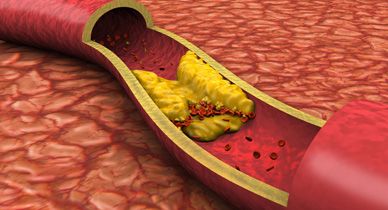
It's normal to have blood clots after giving birth, but sometimes too many or very large blood clots can be cause for concern. Bleeding can continue to happen up to six weeks after giving birth. If you experience difficulty breathing, a high fever, or foul-smelling vaginal discharge, it may be best to see your doctor.
It's normal to have blood clots after giving birth, but sometimes too many or very large blood clots can be cause for concern. Bleeding can continue to happen up to six weeks after giving birth. If you experience difficulty breathing, a high fever, or foul-smelling vaginal discharge, it may be best to see your doctor.

Blood Clots Causes & Symptoms + 8 Natural Remedies + Dr. Axe
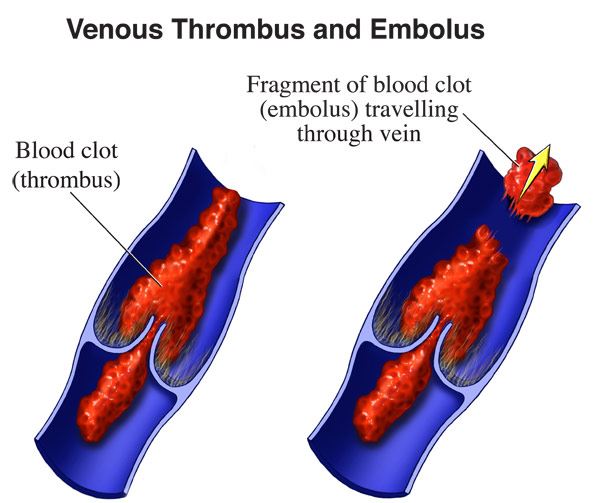
Treatment for Blood Clots in New Jersey
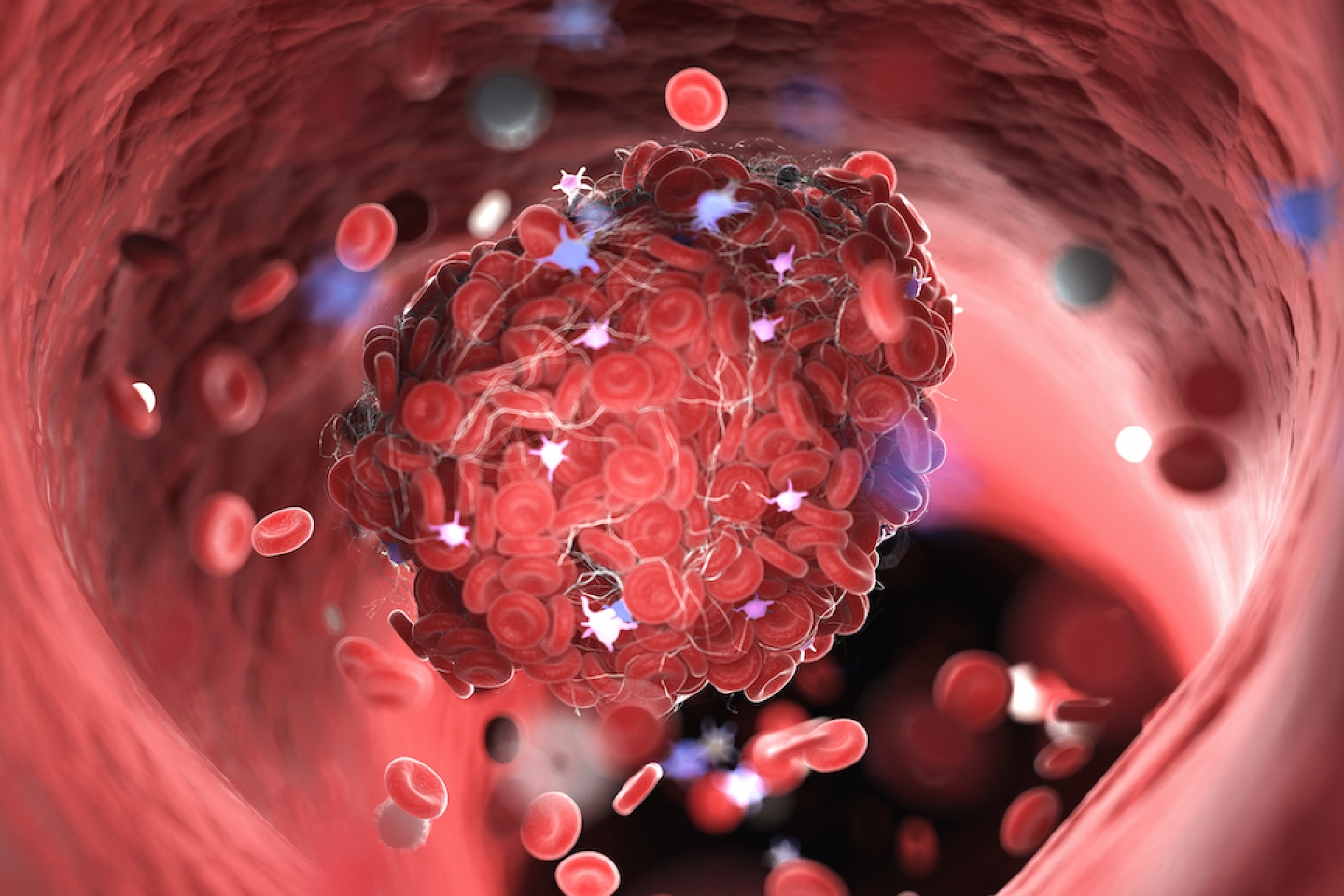
Blood Clots: Extremely Common But Rarely Related to the COVID-19 Vaccine
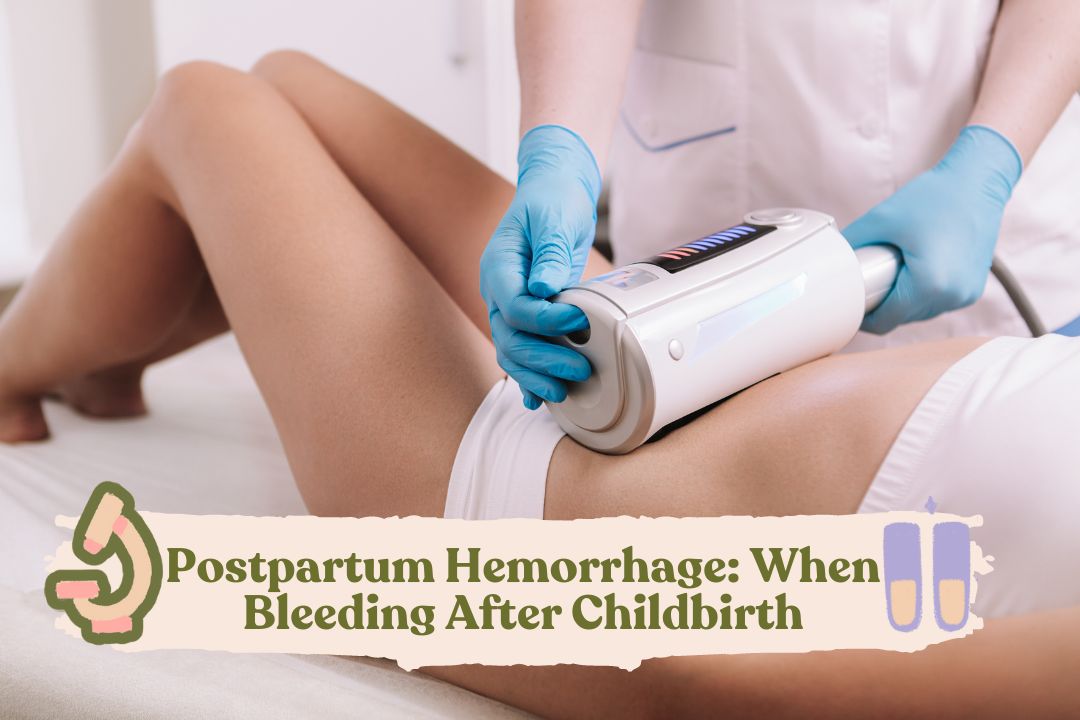
Postpartum Hemorrhage: When Bleeding After Childbirth

Blood Clots After Birth: Symptoms, Treatment & Tips To Care
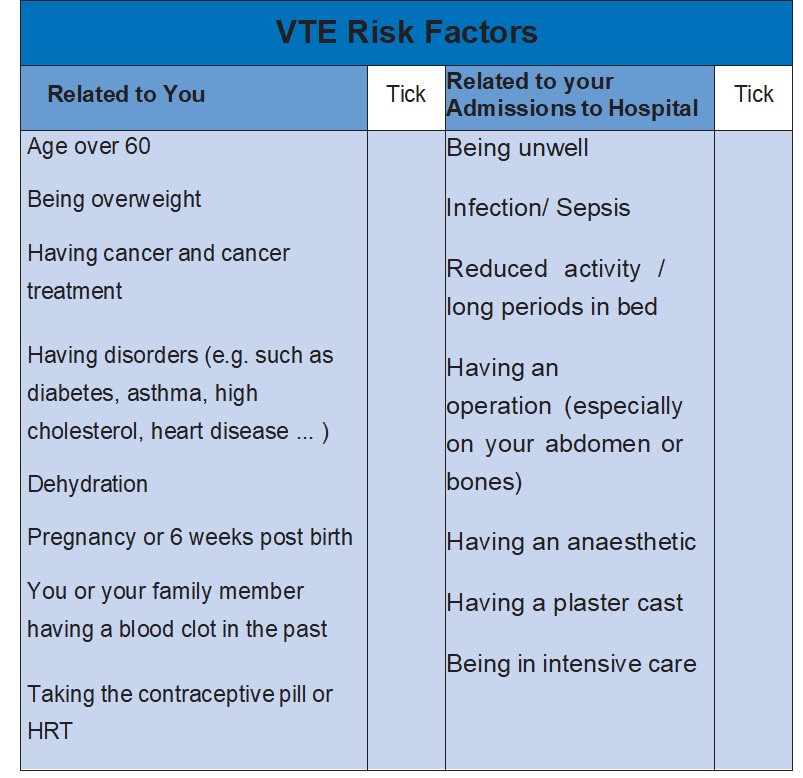
Blood Clots: Reducing the Risk - Buckinghamshire Healthcare NHS Trust
:max_bytes(150000):strip_icc()/overview-blood-clots-1745326_final-3990f6d12e19428e8734d92f068ce0de.png)
Blood Clot: Symptoms, Treatment, Prevention, and More

Blood Clots After Birth: Symptoms, Treatment, and More
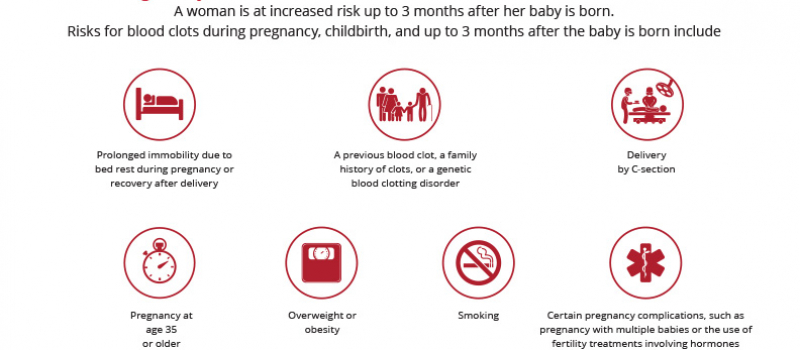
Pregnancy - Stop The Clot, Spread The Word®
Passing Clots Emory School of Medicine
Blood clots passing : what's normal and what's not? PIC INCLUDED
passing large clot 6 days postpartum|TikTok Search
 How to adjust a garment to fit a sway back
How to adjust a garment to fit a sway back Plus Size, Unlined, White
Plus Size, Unlined, White Simply Vera Vera Wang Pants Womens Size XL Wide-Leg Trouser Pull
Simply Vera Vera Wang Pants Womens Size XL Wide-Leg Trouser Pull- VICTORIAS SECRET 34C BOMBSHELL PUSH UP BRA ADDS 2 CUP SIZES - Women's Clothing & Shoes - Wheeler Field, Hawaii, Facebook Marketplace
- Glamorise Womens WonderWire Front-Closure Underwire Bra 1245 Centennial Leopard 48DD
 Womens Plus Size Full Coverage Underwire Unlined Minimizer Lace Bra Dark Purple 34DD
Womens Plus Size Full Coverage Underwire Unlined Minimizer Lace Bra Dark Purple 34DD

